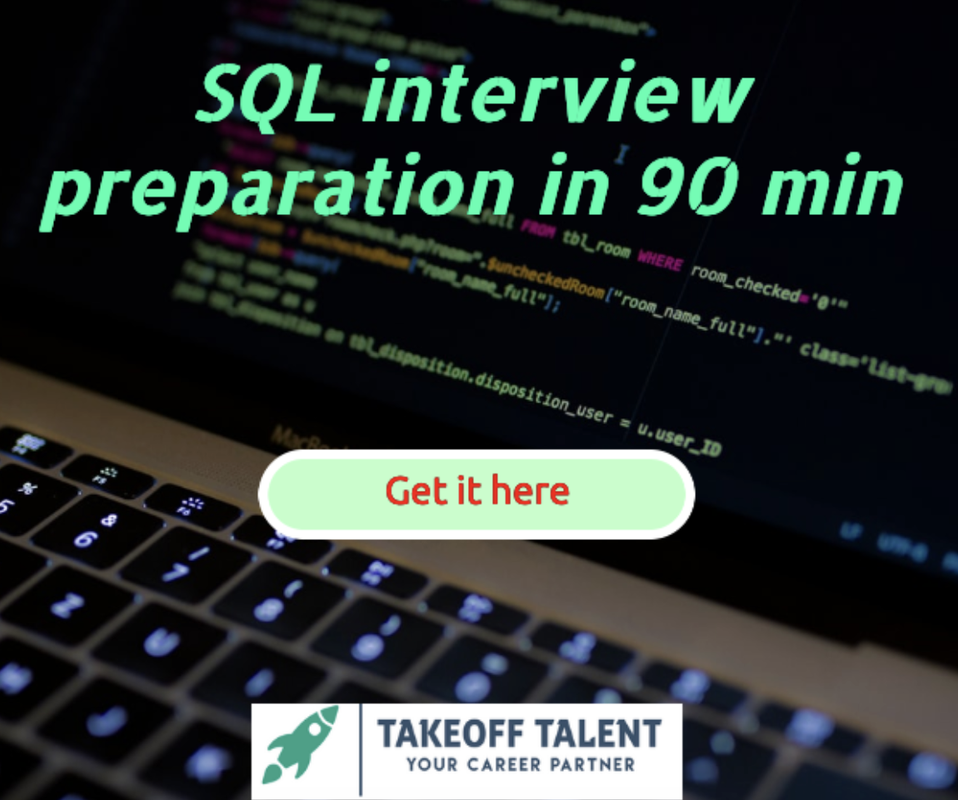Introduction:
In the rapidly evolving landscape of technology, Artificial Intelligence (AI) has emerged as a transformative force, reshaping various aspects of our lives. One of the most significant areas affected by the advancement of AI is the job market. As machines become more intelligent and capable, concerns and debates surrounding the impact of AI on employment have gained prominence. This article explores the multifaceted ways in which AI is influencing the job market and discusses strategies for individuals and industries to navigate the evolving nature of work.
- Automation and Job Displacement: One of the primary consequences of AI advancement is the automation of routine and repetitive tasks across industries. Automation, powered by AI technologies, has led to increased efficiency and productivity. However, it has also resulted in the displacement of certain jobs, especially those that involve manual, routine tasks. Industries such as manufacturing, customer service, and data entry have witnessed a significant shift towards automation, leading to concerns about unemployment in these sectors.
The fear of job displacement is not unfounded. As AI systems become more sophisticated, they can perform tasks that were traditionally carried out by humans. For example, in manufacturing plants, robots equipped with AI can handle assembly line tasks more efficiently than human workers. While this boosts productivity, it does raise concerns about the future employability of those in routine-based roles.
- Creation of New Job Roles: While AI may displace certain jobs, it also brings forth new opportunities by creating demand for skills related to its development, implementation, and maintenance. As AI technologies evolve, there is a growing need for professionals with expertise in machine learning, data science, and AI programming. These emerging fields offer promising career paths for individuals who can adapt and upskill to meet the demands of the evolving job market.
The rise of AI-related job roles has been particularly evident in the technology sector. Positions such as machine learning engineers, data scientists, and AI ethicists have become integral to organizations looking to harness the power of AI responsibly. This shift emphasizes the importance of education and training in staying relevant in an AI-driven job market.
- Augmentation of Human Capabilities: Rather than completely replacing human workers, AI has the potential to augment human capabilities, leading to more efficient and innovative outcomes. Collaborative models, where humans work alongside intelligent machines, are becoming increasingly prevalent. AI can handle mundane tasks, allowing human workers to focus on complex problem-solving, creativity, and tasks that require emotional intelligence – areas where machines currently lack proficiency.
In healthcare, for instance, AI is being utilized to analyze medical images and diagnose conditions. This doesn't replace the role of doctors but enhances their abilities by providing faster and more accurate analyses. The collaboration between human expertise and AI efficiency can lead to breakthroughs and advancements that benefit society as a whole.
- Reskilling and Upskilling: To thrive in an AI-driven job market, reskilling and upskilling are essential. Individuals need to adapt to the changing requirements of the workforce by acquiring new skills that complement AI technologies. Lifelong learning and continuous education become critical in staying relevant in a dynamic job market. Employers, too, play a crucial role in facilitating reskilling programs to ensure their workforce remains equipped to navigate the evolving technological landscape.
The need for reskilling is not limited to specific industries; it extends across various sectors. As technology continues to advance, even traditionally non-tech industries require employees with digital literacy and an understanding of AI basics. Investing in education and training programs will not only benefit individuals but also contribute to the overall competitiveness and adaptability of the workforce.
- Impact on Traditional Industries: The integration of AI has varying impacts on different industries. While tech-centric fields may experience a surge in demand for AI-related roles, traditional industries may face challenges in adapting to these changes. For example, sectors like manufacturing and retail may undergo significant transformations as AI-powered automation becomes more prevalent. Companies in these industries must strategize to embrace AI technologies while also investing in the reskilling of their workforce to remain competitive.
Traditional industries face a dual challenge: embracing digital transformation while preserving the core competencies that have defined their success. For manufacturing, incorporating AI in production processes can streamline operations, but it necessitates a workforce capable of overseeing and maintaining these AI systems. Striking a balance between tradition and innovation is key to ensuring the longevity of established industries in the face of technological disruption.
- Ethical Considerations and Job Design: As AI technologies become more sophisticated, ethical considerations surrounding job design and the impact on workers gain prominence. Questions about fairness, bias, and the ethical use of AI in decision-making processes become crucial. Organizations need to ensure that the integration of AI in the workplace is done ethically, avoiding discriminatory practices and fostering a work environment that upholds human rights and values.
AI systems are only as unbiased as the data they are trained on. If historical data used to train AI models contain biases, these biases can be perpetuated in the decision-making processes, leading to discriminatory outcomes. It is imperative for organizations to prioritize ethical AI practices, including diverse and representative data sets and ongoing monitoring to address biases that may arise.
- Gig Economy and Flexibility: The gig economy has experienced significant growth alongside the advancement of AI. Freelancers and independent contractors often leverage AI platforms to find work and manage their careers. The gig economy provides flexibility and diverse opportunities, allowing workers to engage in multiple projects simultaneously. However, it also raises concerns about job security, benefits, and the overall stability of employment in the absence of traditional, long-term contracts.
The gig economy, facilitated by digital platforms and AI-driven matching systems, has created a paradigm shift in how people approach work. While it offers flexibility and the ability to choose projects that align with individual skills and preferences, it also poses challenges related to job security and the absence of traditional employment benefits. Striking a balance between the advantages of flexibility and the need for stability remains a key consideration in the gig economy.
Final thoughts:
The advancement of AI is undeniably reshaping the job market, presenting both challenges and opportunities. While concerns about job displacement are valid, the evolving nature of work also brings forth the potential for innovation, increased efficiency, and the creation of new, high-skilled job roles. To navigate this transformative period, individuals must be proactive in acquiring relevant skills, and industries should invest in reskilling initiatives to ensure a workforce that can adapt to the demands of the AI era. Ethical considerations, along with a focus on collaborative models that augment human capabilities, will be instrumental in shaping a future job market that balances technological advancement with the well-being of workers. As we embrace the AI revolution, the key lies in a collective effort to shape a future of work that is inclusive, adaptive, and ethical.












